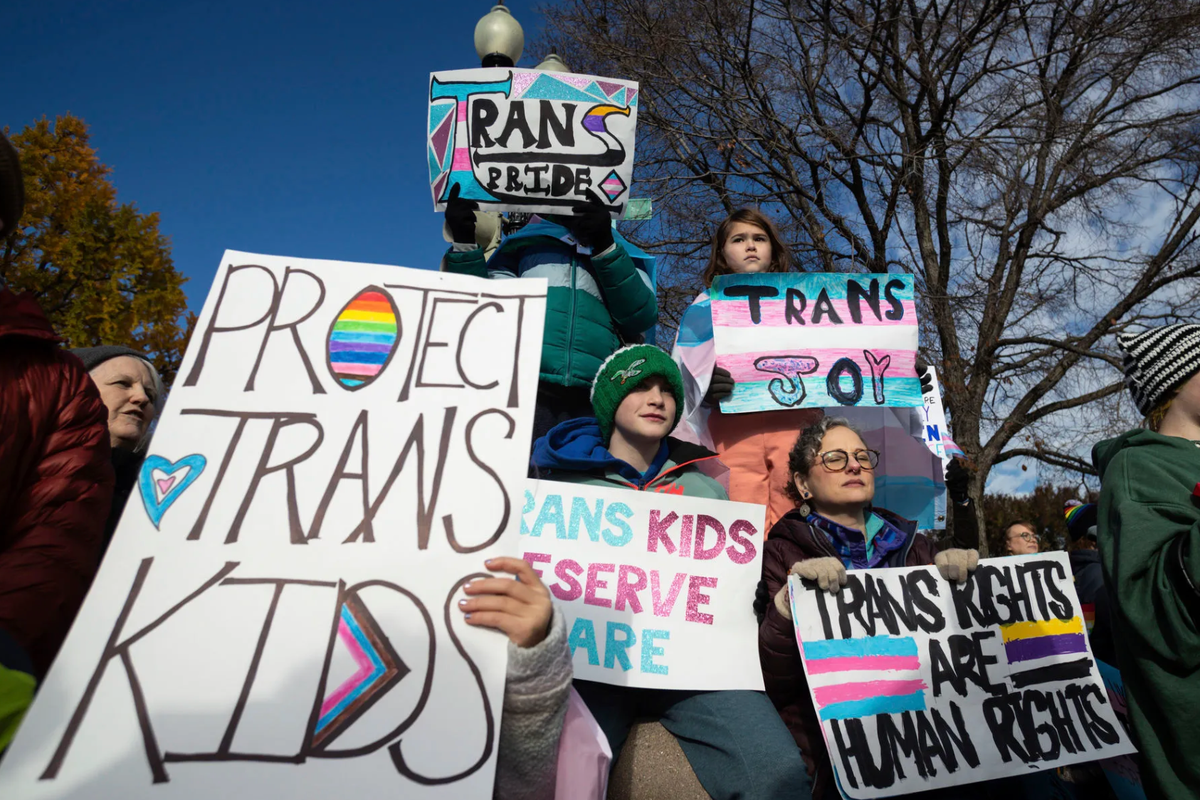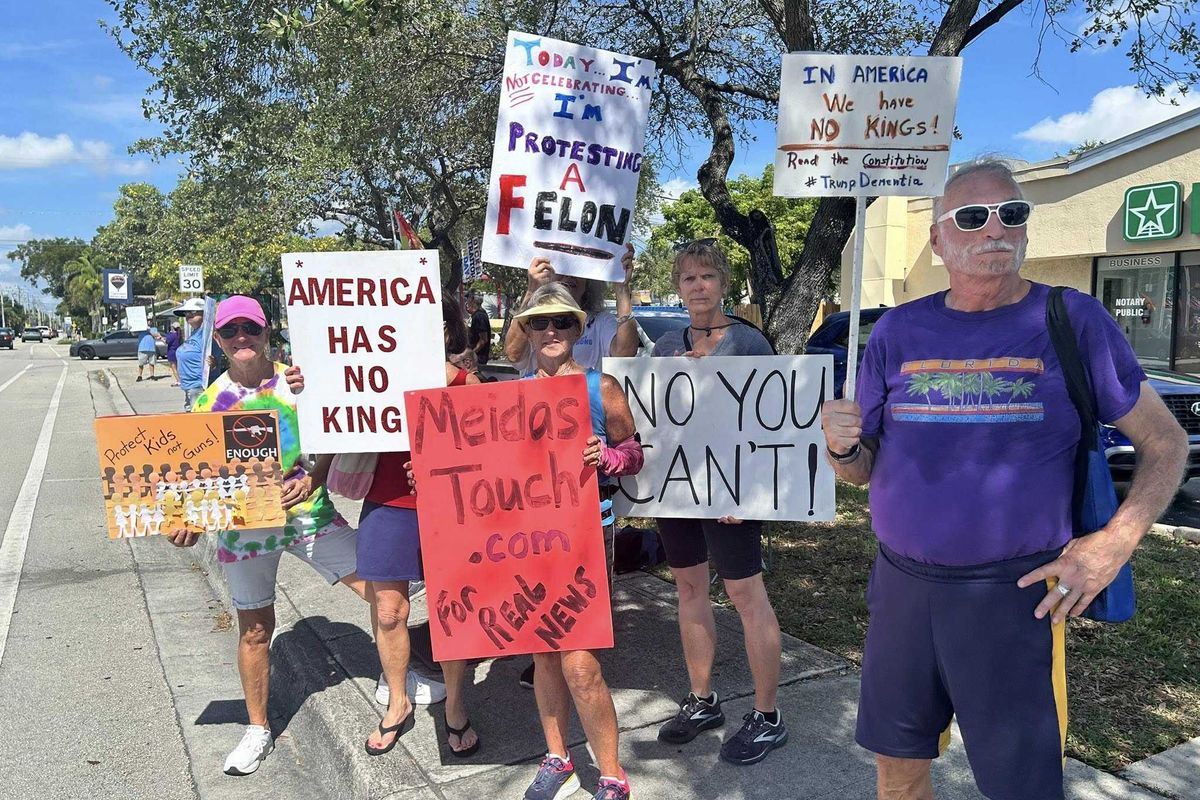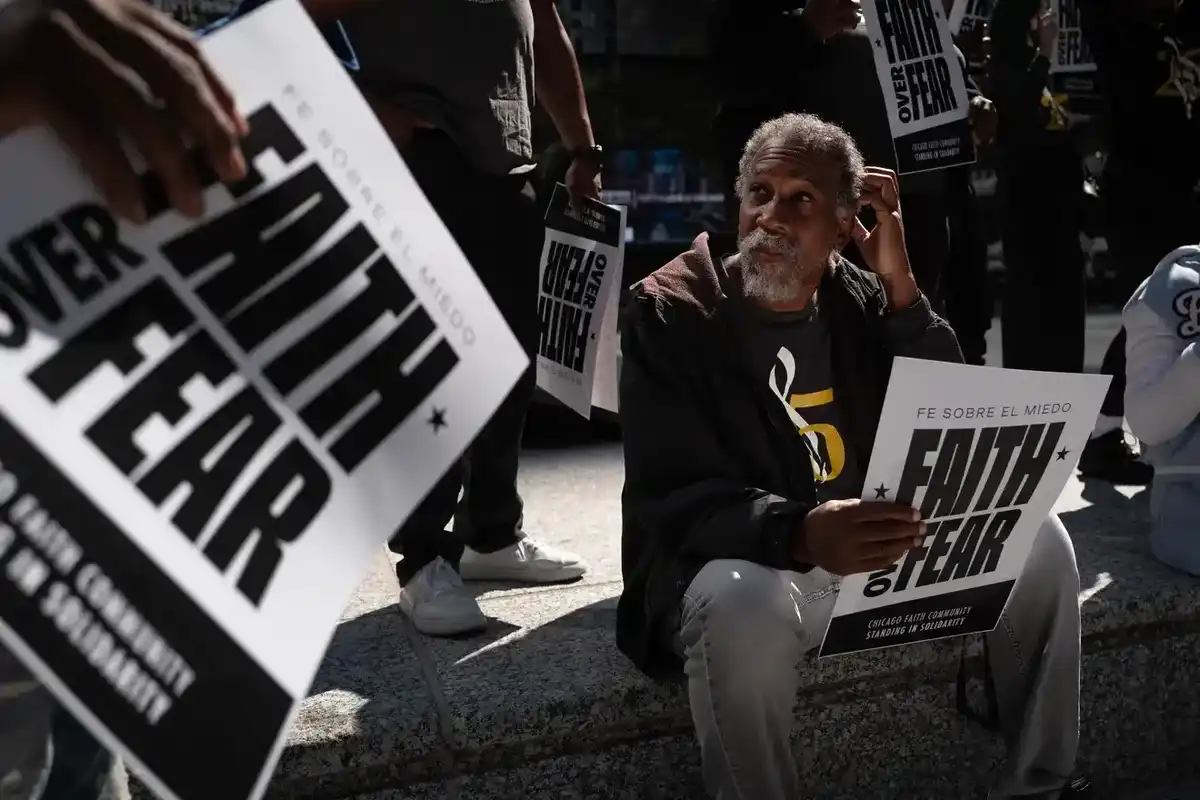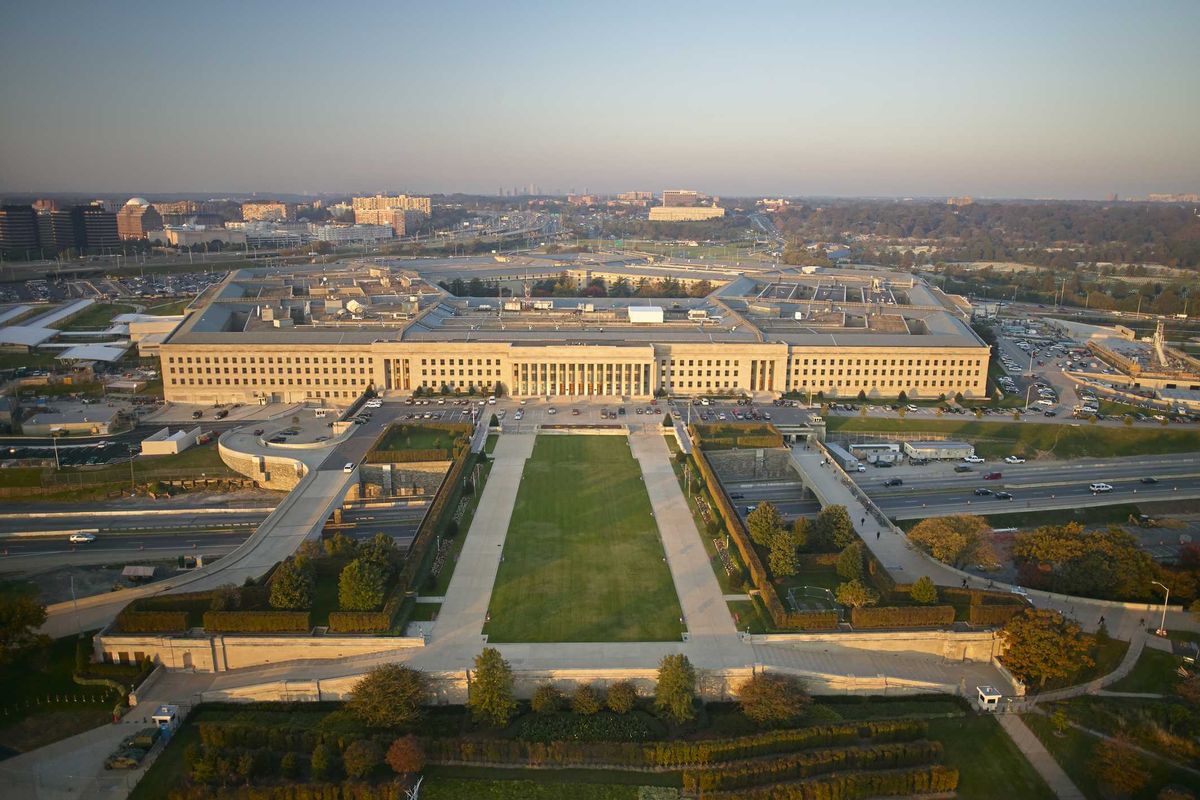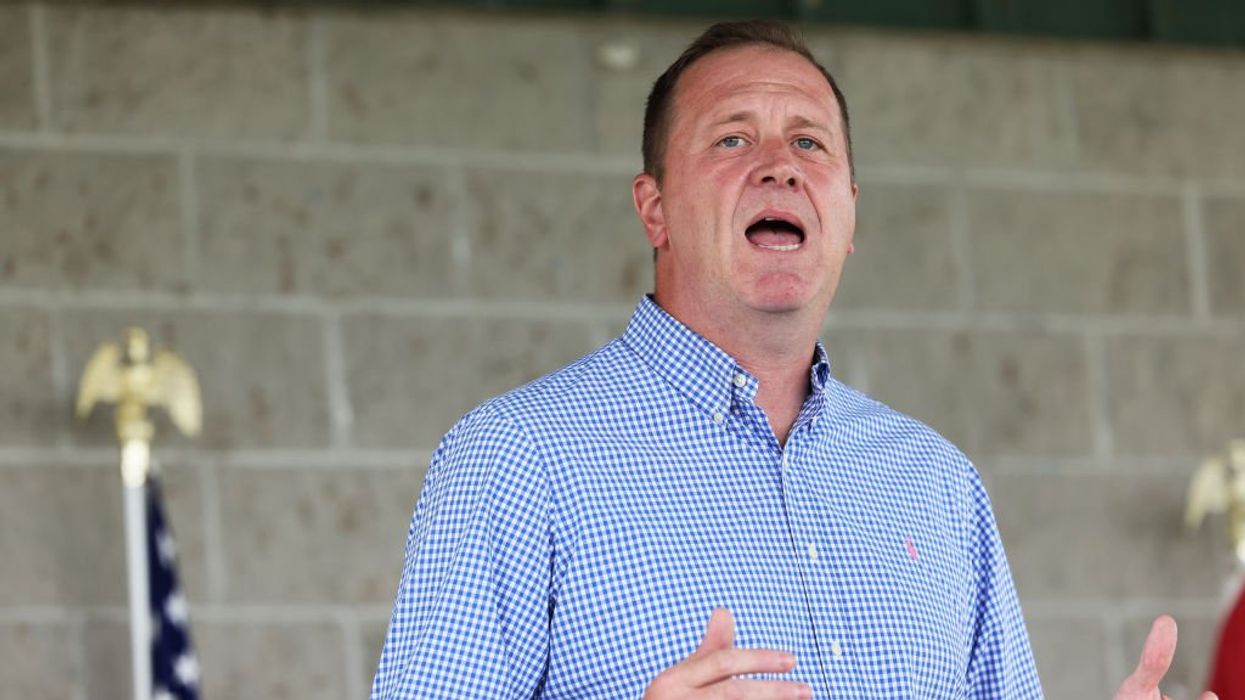Texas will pay $450,000 in costs and legal fees as part of a settlement reached with civil rights groups, which sued the state following its botched review of the citizenship status of those on its voter rolls.
In January, the state released a list of nearly 100,000 registered voters that the secretary of state's office considered to be potential noncitizens, of which 58,000 were said to have voted illegally in one or more elections. The review was part of an attempt to purge those registered voters from its rolls.
Election officials later backtracked on the data, admitting at least 20,000 people flagged as noncitizens were naturalized citizens. As part of the settlement, state election officials agreed to end their search of noncitizen registered voters and the planned purge of its voter rolls.
"After months of litigation, the state has finally agreed to do what we've demanded from the start — a complete withdrawal of the flawed and discriminatory voter purge list, bringing this failed experiment in voter suppression to an end," Andre Segura, legal director for the American Civil Liberties Union of Texas, said in a statement. "The right to vote is sacrosanct, and no eligible voter should have to worry about losing that right."
